
Have Your Coping Mechanisms Changed?
January 2, 2019 in Be Positive, Educate Yourself
There is not a single universal coping mechanism that helps each and every person with mental illnesses like depression and anxiety. Instead, there are a multitude of options available for us to explore and we can find what helps our individual needs. As we grow up and develop new interests, our coping mechanisms when it comes to mental illness may change too.
Through my high school years, my primary coping mechanism for my depression and anxiety was what I dubbed “stress-cleaning.” I would deep-clean the house and organize the pantry and fridge based on food type and from there, I would organize it by color. Through doing this, I felt distracted and threw my focus on cleaning instead of dealing with my depression. Although cleaning is a productive activity, my bouts of “stress-cleaning” were unhealthy. I would clean until I was physically exhausted and sweating and I did not feel much better afterwards.
 When I discussed this with a therapist, she encouraged me to “feel my feelings.” It sounds almost too simple at first. “Feeling your feelings” requires you to sit down and allow yourself to feel sad. There are no distractions; you allow yourself to cry and think and worry in a safe space. This is so much easier said than done. However, with practice, it gets easier. My coping mechanism that began as “stress-cleaning” switched to “feeling my feelings” over time. It can be difficult and feel painful to sit and think about what is hurting you, but it is much better than the alternative: pushing the feelings down through other activities just to have them resurface later at a more inconvenient time. It is important that you do this at a place where you feel safe and secure, whether it be your home or a home of a loved one. This way, you are dealing with your feelings in a place you are familiar with rather than having them come back up at a later time.
When I discussed this with a therapist, she encouraged me to “feel my feelings.” It sounds almost too simple at first. “Feeling your feelings” requires you to sit down and allow yourself to feel sad. There are no distractions; you allow yourself to cry and think and worry in a safe space. This is so much easier said than done. However, with practice, it gets easier. My coping mechanism that began as “stress-cleaning” switched to “feeling my feelings” over time. It can be difficult and feel painful to sit and think about what is hurting you, but it is much better than the alternative: pushing the feelings down through other activities just to have them resurface later at a more inconvenient time. It is important that you do this at a place where you feel safe and secure, whether it be your home or a home of a loved one. This way, you are dealing with your feelings in a place you are familiar with rather than having them come back up at a later time.
Another coping mechanism that switched for me with age is the consumption of media. Whenever I used to feel a wave of sadness coming on, I  would whack on a comedy special off of Netflix or queue up a funny video on YouTube. Although this can be effective, it can also fall under the category of shoving things under the rug. My therapist recommended watching emotional films or shows to allow myself to feel and cry if I felt prompted. I took her advice and it helped immensely; I found myself crying along with the actors and it felt cathartic. I still do turn to comedy sometimes for instant relief, but if I know I need to deal with what I am feeling, I will turn to an emotional drama instead.
would whack on a comedy special off of Netflix or queue up a funny video on YouTube. Although this can be effective, it can also fall under the category of shoving things under the rug. My therapist recommended watching emotional films or shows to allow myself to feel and cry if I felt prompted. I took her advice and it helped immensely; I found myself crying along with the actors and it felt cathartic. I still do turn to comedy sometimes for instant relief, but if I know I need to deal with what I am feeling, I will turn to an emotional drama instead.
Have you changed your coping mechanisms through the years? Have you found improvements, like I did? Feel free to share below!


 Since I was spending Thanksgiving break at home with my family, I got to spend some quality time with my family’s dog. I have really enjoyed having her around and have felt my mood lifted. Just having her sitting on my lap relaxes me and makes me feel lighter. Along with this, my parents and I have been watching the new documentary series Dogs on Netflix. This has inspired me to look more into how animals improve mental health, as I see how much they improve the lives of the owners on the show.
Since I was spending Thanksgiving break at home with my family, I got to spend some quality time with my family’s dog. I have really enjoyed having her around and have felt my mood lifted. Just having her sitting on my lap relaxes me and makes me feel lighter. Along with this, my parents and I have been watching the new documentary series Dogs on Netflix. This has inspired me to look more into how animals improve mental health, as I see how much they improve the lives of the owners on the show.






 This is my final year at college and I have been a little bit stressed knowing I have a bit less than two weeks until the school year begins. I feel unprepared and anxious for the year ahead. To help calm my nerves, I have been giving myself reminders and hopefully it can be helpful to share them with you!
This is my final year at college and I have been a little bit stressed knowing I have a bit less than two weeks until the school year begins. I feel unprepared and anxious for the year ahead. To help calm my nerves, I have been giving myself reminders and hopefully it can be helpful to share them with you!

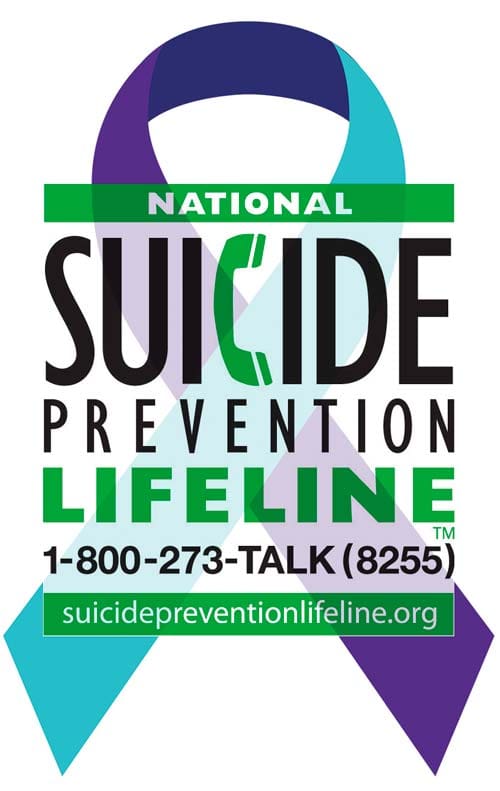
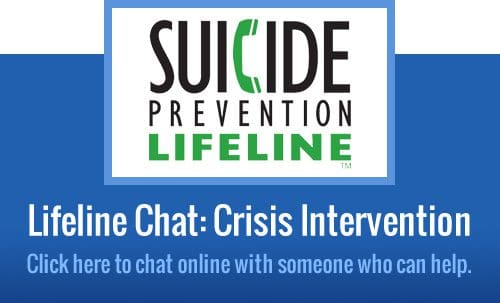
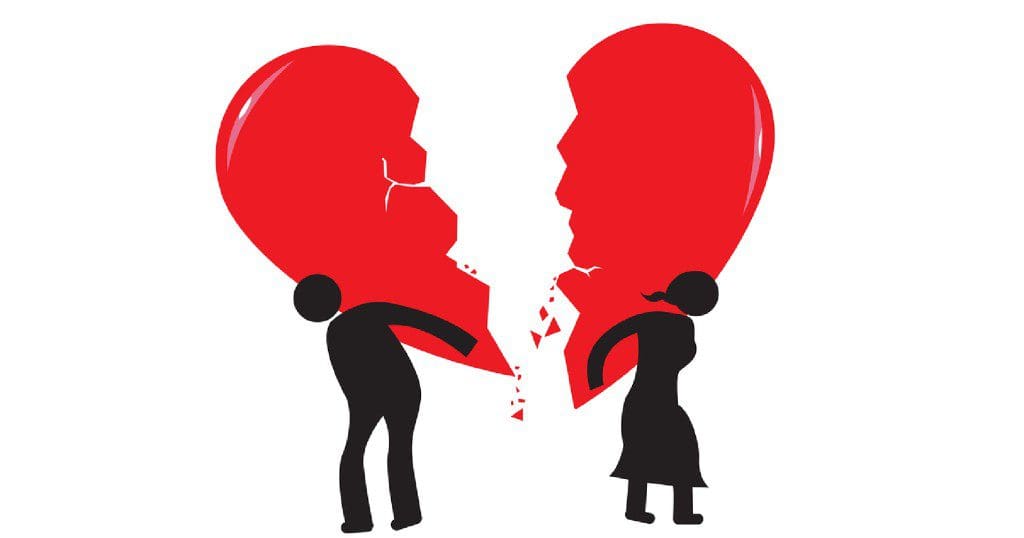
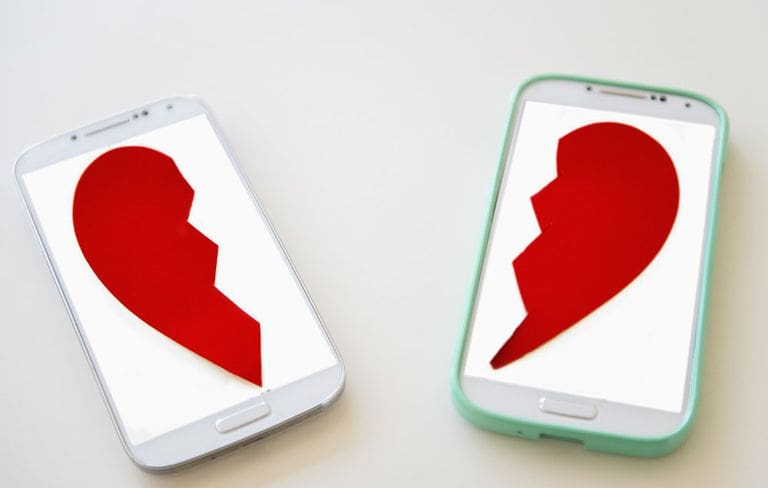 Whether it is a breakup with a friend or a romantic partner, everyone can agree that breakups are the worst. I have had a difficult year in which I have experienced both a friend breakup and a romantic one, but I have learned some things along the way that I can share with others to hopefully help them, too.
Whether it is a breakup with a friend or a romantic partner, everyone can agree that breakups are the worst. I have had a difficult year in which I have experienced both a friend breakup and a romantic one, but I have learned some things along the way that I can share with others to hopefully help them, too. Get outside!
Get outside!
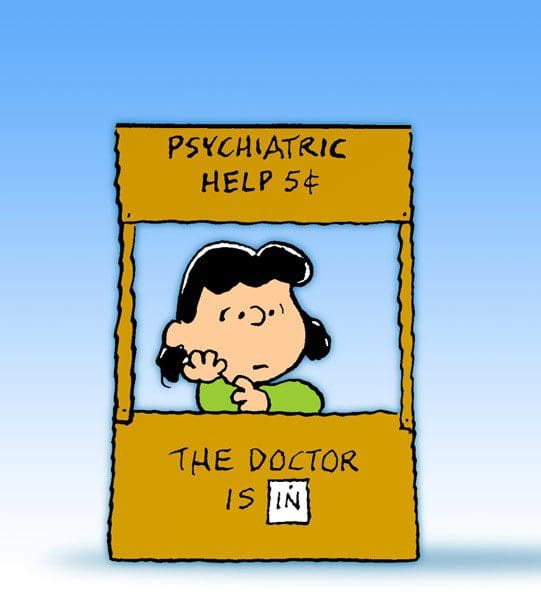
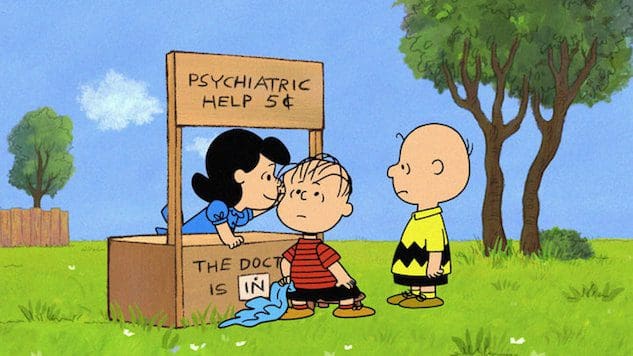
Recent Comments